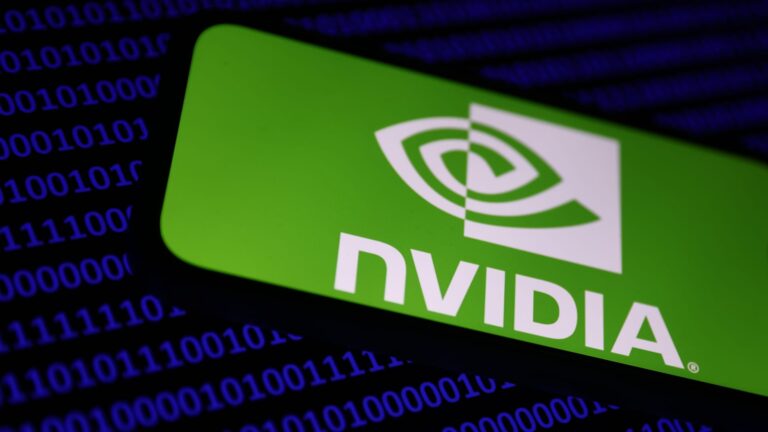
Saudi Arabia optimistic about gaining access to U.S. chipmakers NVIDIA High-performance chips enable the development and operation of cutting-edge artificial intelligence models.
Abdulrahman Tariq Habib, a senior official at the Saudi Data and AI Authority, told CNBC on Thursday that he expects the country to make similar progress over the next year.
“I think it will be sometime next year,” Habib, deputy CEO of the SDAIA Strategic Management Office, told CNBC’s Dan Murphy after being asked about the timeline. That’s a big expectation, considering strict U.S. export controls have prevented the chips from being exported to Saudi Arabia until now. Habib made the comments on the sidelines of GAIN, Saudi Arabia’s international AI summit, which took place in Riyadh this week.
Habib said it “means a lot” for Saudi Arabia to have access to the chip — in this case the Nvidia H200, the company’s most powerful chip, which is used in OpenAI’s GPT-4o.
“It will facilitate business between Saudi Arabia and the United States,” he said. “It will also open a lot of doors for building capacity, computing capacity, in the Kingdom. But the most important thing is that it’s not just about computing capacity. We’ve been working hard for the last three years on building capacity — building human capacity — but we’re also working on building data capacity. So we’re working with the whole international community to help us become one of the most active countries in the field of data analytics.”

Saudi Arabia is investing heavily in developing a strong AI ecosystem in the country, with the SDAIA report revealing that it aims to make AI 12% of its gross domestic product by 2030. The country’s $925 billion Public Investment Fund will lead the investment, according to the report released on Sept. 9.
These efforts are part of Vision 2030, an initiative launched by Saudi Arabia’s Crown Prince Mohammed bin Salman to modernize the Saudi economy and diversify its revenue sources away from oil.
In March, sources confirmed to CNBC that PIF was in talks with US venture capital firm Andreessen Horowitz and others to set up a $40 billion fund to invest in AI.
US semiconductor export restrictions
News that the US government is considering relaxing export controls to allow Saudi Arabia access to coveted semiconductors was first reported by Semaphore and is a sign of the good relationship between Riyadh and Washington in the AI field, Habib said.
“This shows our cooperation and commitment with international institutions across the board, and the United States in particular,” he said. “It also shows that Saudi Arabia, along with the United States, understands that they are an emerging power in AI, investment and manufacturing of AI-related products.”
An Nvidia chip is displayed at the Mobile World Congress in Shanghai on June 26, 2024.
Strs Afp | Getty Images
The Biden administration has imposed a series of semiconductor export controls over the past two years to thwart China’s access to semiconductors, and in May expanded those controls to require companies to obtain special U.S. government permission to export advanced semiconductors or semiconductor manufacturing materials to a number of countries in the Middle East, including Saudi Arabia and the United Arab Emirates.
The restrictions stem from national security concerns over Riyadh’s close ties with Beijing. China is Saudi Arabia’s largest trading partner and a key investor in Vision 2030. Between 2016 and 2020, Chinese arms exports to the country increased by nearly 400 percent compared to the previous five years, according to the Gulf Studies Center.
Semaphore reports that the Saudi government is working to meet Washington’s demands regarding ties with China and US security concerns, while leaving the door open to Beijing if the US denies semiconductor exports to Saudi Arabia.
A Commerce Department spokesperson told CNBC, “While we cannot discuss specific licenses or transactions, the U.S. government’s authority over the transfer of such technology is based on export controls, which include current licensing requirements and conditions on the export, reexport or in-country transfer of certain items to the territory, the authority to impose licensing requirements on individual companies through designation on the Entity List, and potential future controls.”
The spokesperson added that “export control decisions regarding export licenses, entity lists, and future policy actions are subject to a rigorous interagency process that includes the Departments of Commerce, State, Defense, and Energy.”

